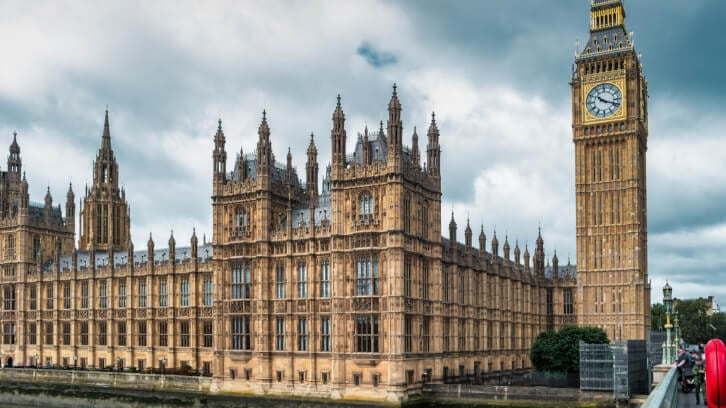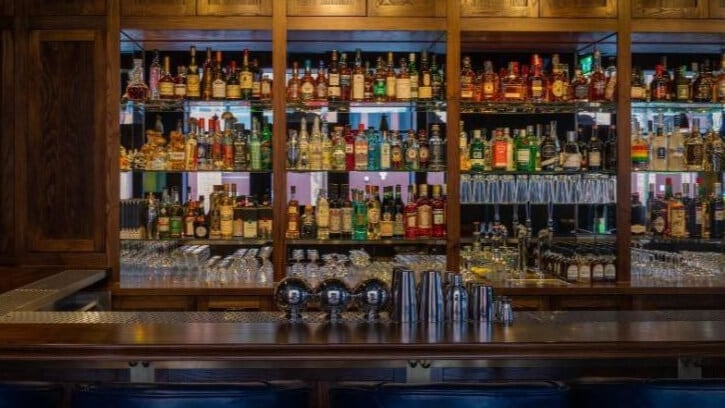He runs east London nightclub the Cause, but no, he wasn’t putting on a party. Instead, he was kept awake worrying about the slew of closures that have wracked the late-night sector.
New research from the Night Time Industries Association (NTIA) shows nearly a third (31%) of all nightclubs have dropped off the map between March 2020 and December 2023 – an average of almost 10 closures a month and two per week. Other stats pointed to alarming drops in revenue and footfall. “It’s been tough,” admits Glen.
So far, 2024’s most prolific casualty has been Rekom UK’s decision to cull 17 nightclubs. This is nearly half of the groups’ 35 sites, which include the brands Pryzm and Attik. “Obviously people still like coming out, [but] if money is tight [they] are coming later, so they’re arriving in our doors later and they’re spending less,” Rekom's chairman Peter Marks told The BBC. He blamed the closures on broke students cutting back on midweek nights out.
This is something reiterated by Rob Pitcher, chief executive of Revolution Bars, which recently shut eight of its sites. Speaking to The Morning Advertiser, he says: “It is largely as a result of the changes in dynamic in the late-night economy and the pressures on the younger element of our guest base who are really struggling with the cost-of-living.”
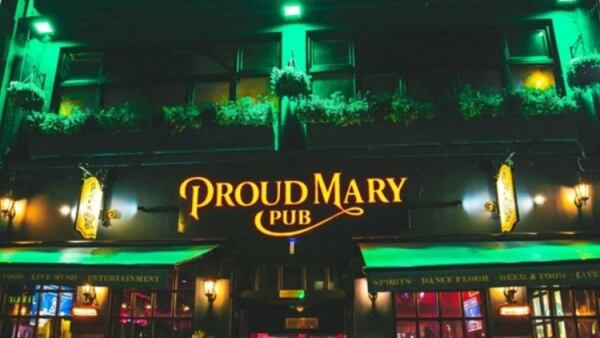
This puts the whole of the late-night industry under pressure, according to Pitcher. It isn’t that young people don’t want to go out. They came “flying out of their doors” post-Covid, after all. It’s that they can’t afford to. He says: “This is the first time we are seeing young people save up for a night out.”
And individual operators are also feeling the heat. Many promotors won’t touch a Friday, says Glen, who's electronic club is located in east London’s Dockyards. It’s the second resurgence of the club, which originally flourished as a Tottenham nightspot but closed due to planning agreements. “You basically make the bulk of your trade one day a week," says Glen.
Nightclubs are also grappling with a tsunami of cost increases. Materials, operations, security – you name it. Everything’s soared in price, and the Cause is spending around quadruple what they spent on the original site. “There’s a lot of pressure and a lot to do,” Glen adds, “and we have to have more activity with our team to make the club work.”
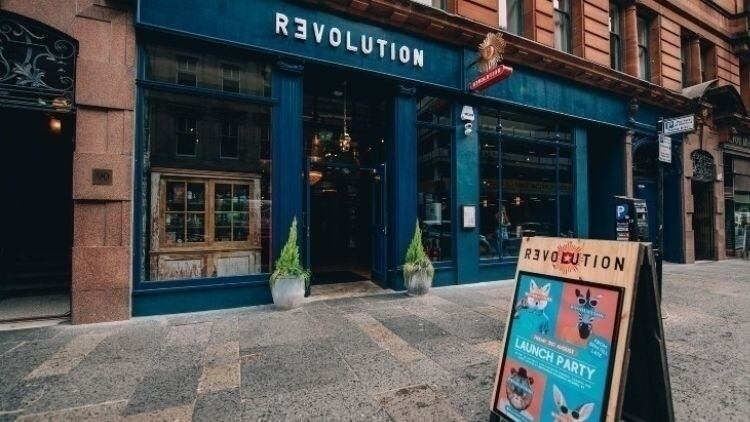
For Sacha Lord, the night time economy adviser for Greater Manchester, the wave of nightclub closures are no surprise. While Manchester has actually bounced back from Covid quicker than any other UK city, according to Lord, this paints a false picture. “Places are extremely busy, but even those busy places are barely breaking even,” he says.
For instance, Revolution reported record trading over the festive period, “which is fantastic,” Pitcher chips in, “but what we’re also seeing is that hangover into January and February gets worse each year.”
With the UK officially entering a recession, partygoers are clutching their wallets. But research from Rekom shows nearly half (47.5%) will prioritise nights out planned ahead of time, for big occasions like birthdays (21.8%) and ticketed events (20%).
Festival season
Revolution’s record Christmas is a testament to this. “We’re also seeing this with festivals,” says Lord, who founded the popular music weekender Parklife. “Take Glastonbury – everybody raised an eyebrow when they went north of £300 (for ticket sales), it sold out quicker than ever,” he says. And then there’re the momentous Harry Styles and Beyoncé tours, which people pay for despite “sky high” ticket prices.
“The businesses have been squeezed to such a point that it’s very difficult to not assume there is a strategy which is literally looking at culling the night-time economy"
Are festivals stealing trade from nightclubs? Lord mulls this over: “I wouldn’t say they’re taking business away from them, certainly not on purpose, but the customers are now waiting for those bigger moments. They’re being more careful with their money.”
It’s true that there are success stories in the late night sector. Research from AlixPartners revealed an explosion in experiential bar concepts, with consumers looking for more immersive experiences. And venues that provide these 'big moments' are faring pretty well. Lord’s venture, The Warehouse Project, hosts immense seasonally led club nights that draw in top talent and attract visitors from across the country. “It’s flying”, he says: September to New Years Eve was its most successful season ever, with 300,000 people through the door.
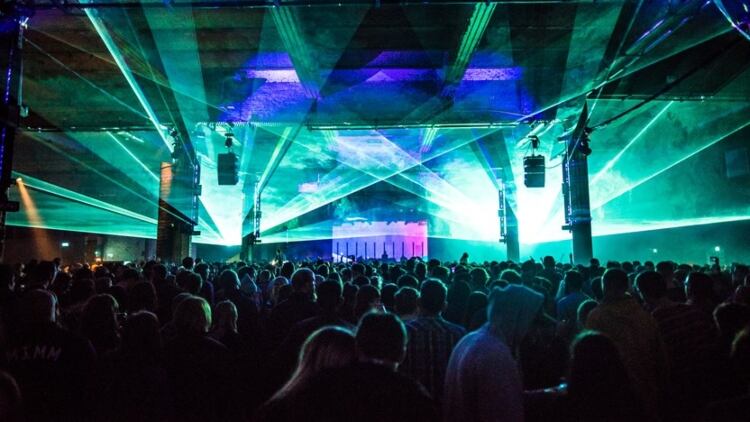
Then there’s Drumsheds, Broadwick Live’s 15,000-capacity super-club, set up inside a Tottenham warehouse in a previous Ikea. The creation of Drumsheds was facilitated by London’s night czar Amy Lamé, with artists like Bicep, DJ Hazard and Marcel Dettman joining the line-up of its first season. It’s not just a nightclub, and can be hired out for anything from festivals, to street food markets to business conferences.
But for Glen, it’s a different story. When asked if he thinks these events are taking away business from independent venues, his response is: “100%”. Consumers often just go out for the “big, big shows”, spending around £100 on big events at these mega-clubs, he explains. “That’s their big thing, and it stops them from going out to smaller events”.
Like Drumsheds, the Cause isn’t just a club. The site is used as a workspace in the week, and Glen says running a late-night venue is “extremely volatile” without side projects like day parties, photo shoots and location work. He’s also lucky to have an outdoor courtyard. Without this, he fears the nightclub “wouldn’t be a viable business”.
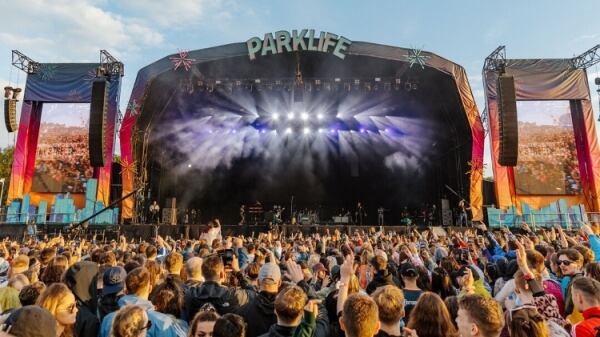
But it’s not this simple for a lot of clubs. Most are dark rooms and often have no sunlight. “It’s difficult to use pure nightclubs across day and night 52 weeks a year,” Glen points out.
When NTIA chief executive Michael Kill talks to the press, he’d love to say something positive, but it’s hard to look on the bright side. The trade body’s research also reveals the disproportionate impact of closures independent venues, with 312 ceasing trading. And Kill refuses to accept any casualties.
The idea changing habits caused the closures is “absurd,” he says. In fact, he goes as far as to accuse the Government of systematically closing nightlife. “The businesses have been squeezed to such a point that it’s very difficult to not assume there is a strategy which is literally looking at culling the night-time economy,” he adds.
Kill reels off a list of ways the sector has suffered: Clubs were penalised in the pandemic by Covid passports and a lack of support, business rates went up for many venues, ‘Eat out to Help Out’ didn’t include wet-led businesses, clubs were left out of Government support as not considered ‘high energy usage’ and they’d been vilified by last year’s reports of spiking. Then there’s the fact national living wage (NLW) is set to rise to £11.44 in April, combined with the financial destruction of rail strikes on the sector (£4bn lost revenue) and a lack of post-11pm transport infrastructure.
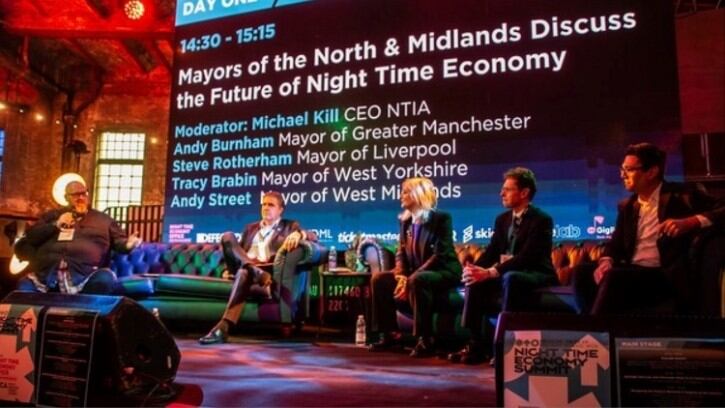
Government responsibility
Kill takes a breath. Then he continues: “It just seems to be layer after layer of barriers, taxation, and challenges that the industry has got to overcome. The resilience of the industry is very, very strong, but at some point, there is going to be a break, and what we are seeing now is that breaking point.”
I’m curious to know why the Government would set out with an agenda to axe nightlife. Kill drives home his point: “Every single country across the world sees the night-time economy in terms of economic community and cultural value, apart from the UK – they see it as an Achilles' heel.
“That's got to change. We've been tarnished with a brush that has been very difficult to shake off and that predetermines the value in terms of government position.”

But is the situation really that bad? London first night czar, Amy Lamé, is excited when she tells us about London’s nightlife. She’s been busy opening new nightclubs, like Drumsheds, and helping venues extend their operating hours so they can trade for longer and bring in more funds. For instance, she’s been able to secure later licenses for the Lower Third on Tottenham Court Road, Camden’s iconic Electric Ballroom, and LGBTQ+ venues She Bar and Little Ku in Soho.
"The resilience of the industry is very, very strong, but at some point, there is going to be a break, and what we are seeing now is that breaking point"
“It just goes to show that from the major 15,000 capacity venues down to your 60-people in a basement in Soho kind of place, that the mayor and I are working very hard to help those businesses not just survive, but thrive,” she says.
Even so, she’s clear that the Government needs to do more to do more to help the sector. “The industry is asking for a reduction in VAT, a look at business rates and further support, so we echo those calls,” she says.
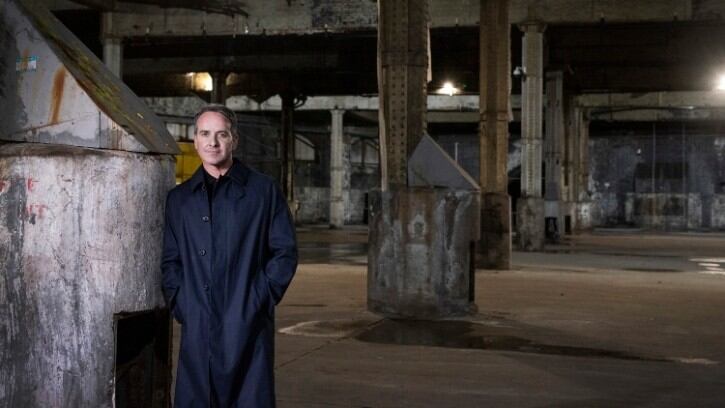
Indeed it is. “Businesses aren’t just an endless trough they can continue to gorge on, there needs to be a bit of give and take”, says Pitcher. He also calls for a reduction of VAT, something trade bodies are lobbying hard to achieve, hopefully in the Spring Statement on 6 March. Reinstating VAT to 12.5% was the key point Lord said could save hospitality at a Labour conference in October, and Kill echoes this claim, but stresses that the lowered rate must be all encompassing – including food, soft drinks, alcohol and tickets.
Pitcher also urges Government to help businesses “grow and thrive” while offering the higher NLW come spring. But he also thinks this could be a “real catalyst for change”. He is optimistic it will lead to young people having more disposable income, meaning they’ll return to nights out.
There’s fear and then there’s hope. Lord looks forward to a future in which Manchester proudly bears the crown as the UK’s nightlife capital, while Lamé vows to protect London’s nightclubs; the “lifeblood of the city”.
Nobody doubts the sector’s strength, least of all, Kill. He warns: “There are success stories, there's a huge amount of resilience and entrepreneurial spirit within our sector. But that's only going to go so far.”



